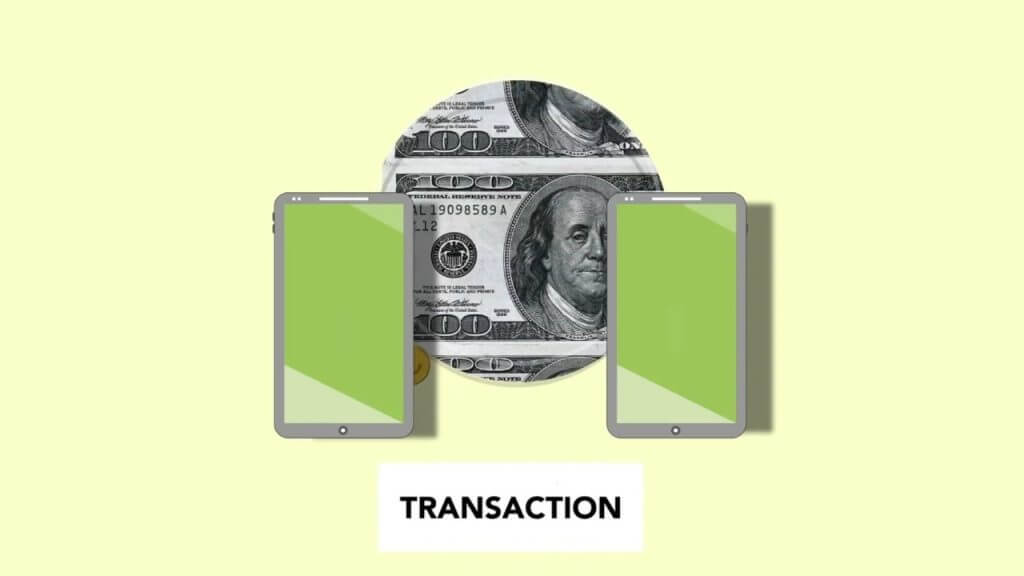Qashier triumphs with two awards for Fintech categories at Singapore and Malaysia Technology Excellence Awards 2024
The company continues to set standards in the fintech space…
The company continues to set standards in the fintech space…
The company continues to set standards in the fintech space…

SaaS, or Software as a Service, is a term you might have seen if you are a business owner looking for digital services to maximise your business capacity. This article briefly outlines how SaaS solutions can benefit your business.
What is SaaS?
As the term suggests, SaaS refers to a software service delivery model. Clients sign up for the service, and pay for it on a subscription basis. All services are hosted online, and are available ‘on demand’.
Examples of common SaaS providers include Netflix and Zoom. Both have subscription models, where subscribers can choose the package that works best for them.
Seeing that subscribers have the power of choice, you can probably guess some of the benefits of SaaS now.
What are the benefits of Saas?
The first benefit is cost.
Since SaaS applications do not require taking on hardware, businesses will not need to pay upfront for additional hardware, installation or maintenance.
The software is hosted on the web and maintained by the company that provides the service. Therefore, you will also not require a dedicated IT department to provide support. In that way, the SaaS model lowers your staffing costs.
Additionally, SaaS solutions offer a variety of features that you can pick and choose as your business grows. For instance, Zoom has four payment plans that cater to different group sizes with multiple video communication options. In addition, you can choose the payment plan you require according to your budget and the features you require.
The second benefit is accessibility.
Since SaaS solutions are hosted on the web, the services are accessible everywhere via cloud computing. If transaction or inventory records are required, the information will always be available on the cloud if you have an internet connection.
The platform will allow anyone to access it anywhere if you are working on a hybrid model with international colleagues. So for brick and mortar stores, you can also allow colleagues who are working remotely to access the data.
This might mean lower staff costs as not all staff need to be on-site.
For example, a F&B store owner can access weekly sales over the weekend from their mobile device to access what was the highest performing product from the week prior, and make sure your kitchen can prepare for the demand.
Besides, if you need to add or subtract specific features, you can often do so when required, as opposed to being locked into a multi-year contract.
The third benefit is compatibility and scale.
Since the external vendor provides software updates, all merchants will use the most updated software. You will not have to worry about upgrading your software version. With conventional software installation, updates waste time and money. More so when users across the business use different versions of the same software. But SaaS allows entire organisations to stay updated with the latest software version.
If your business is growing, and you need the same solutions in multiple locations, SaaS is an ally for scaling. Costing less than it would for a new contract, a SaaS model would allow you to top-up just a little more to your current subscription, for each outlet you require.
Last but not least, SaaS packages offer a whole lot of flexibility.
The saying “time is money” rings true. All you need is an internet connection. So you, and your staff, can be anywhere in the world, and still access your business information.
Instead of relying on an IT department to keep your systems running, your vendor will have any issues ironed out. Even better if your vendor provides 7-days-a-week support.
So streamline employee duties, and shift your IT staff to other more critical areas. The low learning barrier also means that adoption rates will increase across the workplace.
As a business owner, you can choose to pay for features only when you need them. This option reduces your variable expenses. For example, you might hire more staff if it gets busy during the school holidays. At that point, you can pay for more users with your subscription. But when it’s non-peak months, you can choose to switch plans, reducing it based on the users.
–
From POS, payment, or hardware, at Qashier we provide multiple digital solutions for your business.
The smart POS system can streamline operational aspects, from QR code table ordering to table management (F&B), employee management, customer relationship management (loyalty programs), inventory management, data analytics, and cashless payments.
Speak to us to see if Qashier’s Smart POS can meet your business needs. Schedule a meeting with us here, contact us at +63 927 087 2441 (Viber) or email at [email protected].